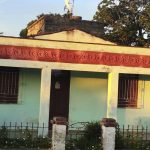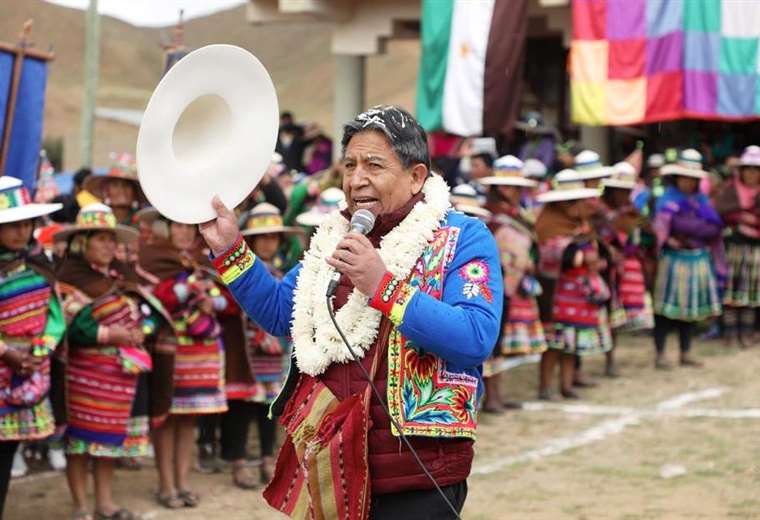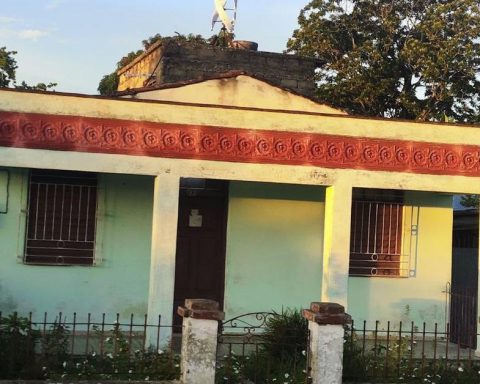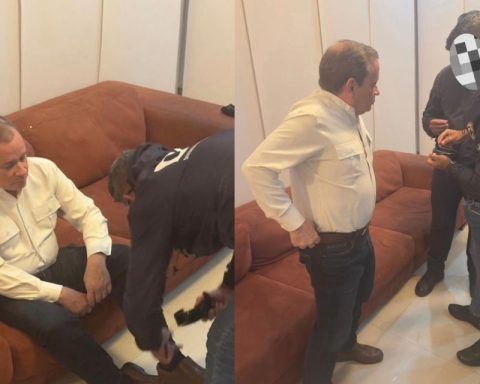The Ministry of Human Rights and Citizenship establishes a working group (WG) to present strategies to combat hate speech and extremism and to propose public policies on human rights on the subject. A concierge was published today (22) in Official Diary of the Union and takes effect on March 1.
Former federal deputy Manuela D´Ávila will chair the works. She and 23 other civil society representatives will participate in the WG. Lawyer and professor Camilo Onoda Caldas will be the rapporteur. Names such as influencer Felipe Neto and anthropologist Débora Diniz will also be part of the group.
The other civil society representatives are: Christian Ingo Lenz Dunker; Esther Solano; Felipe Mendonça; Guilherme Stolle Paixão and Mansions; João Cezar de Castro Rocha; Isabela Oliveira Kalil; Letícia Maria Costa da Nobrega Cesarino; Dolores Aronovich Aguero; Lusmarina Campos Garcia; Magali do Nascimento Cunha; Marcos Xukuru; Michel Gherman; Nina Santos; Patricia Campos Mello; Pedro Rodrigues Curi Hallal; Rosane da Silva Borges; Ricardo Campos; Ronilso Pacheco; Rosana Pinheiro-Machado; and Rodney William Eugênio.
The group will also be composed of five representatives from the Ministry of Human Rights and Citizenship, one from the National Secretariat for the Promotion and Defense of Human Rights; one from the National Secretariat for the Rights of LGBTQIA+ People; one from the Social Participation and Diversity Office; one from the Special Adviser on Social Communication; and one from the Special Advice on Education and Culture in Human Rights.
Representatives of the Social Communication Secretariat of the Presidency of the Republic, the Attorney General’s Office and the Ministries of Education will also be invited to participate in the working group; of Racial Equality; Justice and Public Security; of the women; and Indigenous Peoples.
The work will last for 180 days, which may be extended, and the participation of representatives will be considered to provide a relevant public service, that is, unpaid.
Repercussion
Some members of the working group expressed their views on social media. Anthropologist Rosana Pinheiro-Machado reported that she is willing to collaborate to prevent the proliferation of hatred. “Yesterday, enemies of the state. Today, together in the Ministry of Human Rights’ fight against hate speech. Thank you for the invitation, Minister Silvio Lual. I will do my best with this group of brilliant colleagues from whom I will learn a lot”, posted the researcher, who studies the consolidation of far-right discourses in the population.
Professor of Sociology at the Federal University of Rio de Janeiro (UFRJ) and researcher at the Center for the Study of Anti-Semitism at the Hebrew University of Jerusalem, Michel Gherman praised the composition of the group and classified the initiative as necessary, at “an important and delicate moment in recent history from Brazil”. “Together with a team of excellent professionals, many of whom are friends along the way, we intend together to propose public policies to combat the hatred, intolerance and fascism that has plagued the country in recent years,” wrote Gherman.
Professor at the Institute of Psychology at the University of São Paulo (USP), Christian Dunker posted that the group will be an “opportunity for us to work together against this form of violence”. Nominated for the WG, professor and journalist Rosane Borges informed the Brazil Agency who had to decline the invitation because of work commitments.
According to the Safernet organization, which monitors cybercrime and acts for Internet security, reports of hate crimes on the internet grew 67.7% in 2022. Last year, the organization’s National Cyber Crime Reporting Center received more than 74,000 incidents.
















